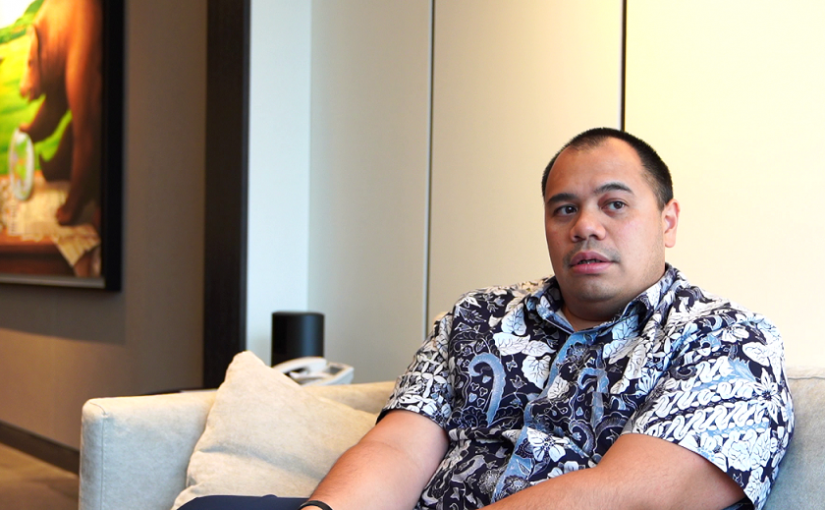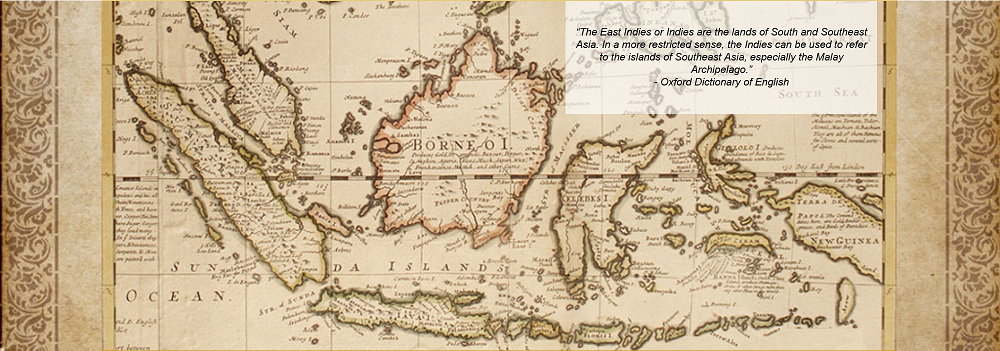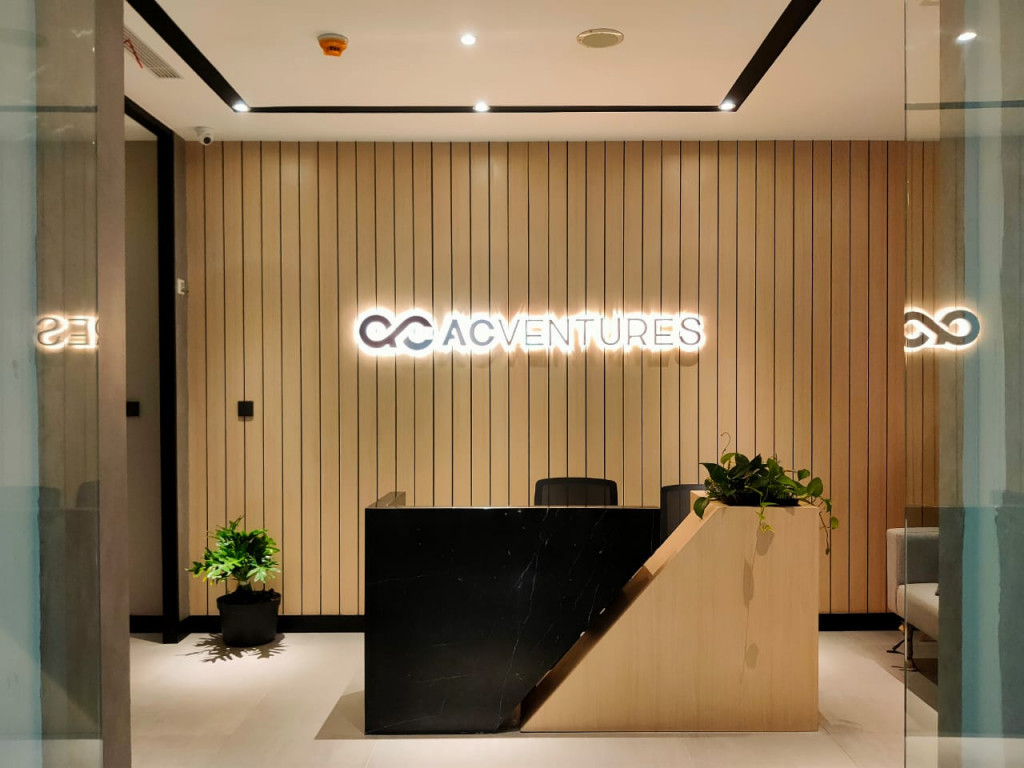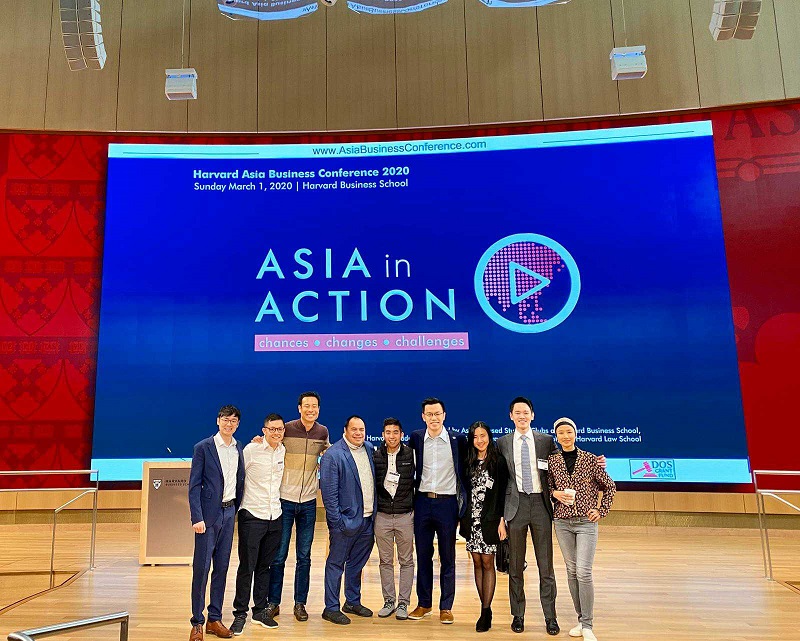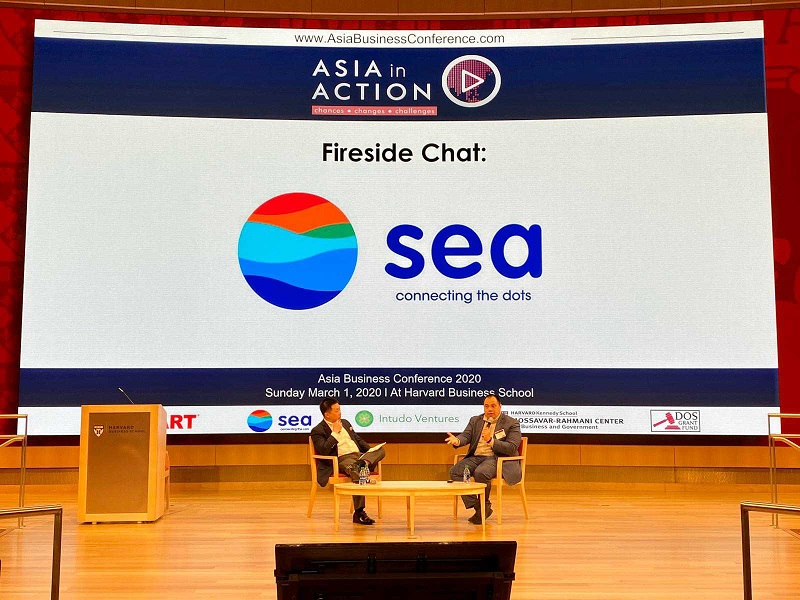This article is a part of DailySocial’s Mastermind Series, featuring innovators and leaders in Indonesia’s tech industry sharing their stories and point of view.
In the past few years, Pandu Sjahrir has captured spotlights all over the tech industry. From the Chairman of SEA Group Indonesia, Board Member of Gojek, and the latest one is appointed to be the youngest IDX’s Commissioners.
Starting off with a productive hobby of investing, he currently has a full-time business as a professional and one of Southeast Asia’s leading investors in the seed and early growth stages. He is also the Managing Partner of Indies Capital, which controls Indies Special Opportunities Fund, the leading alternative asset manager in the region, and Indies Pelago, a secondary tech fund in Southeast Asia. And most recent, is the new entity called AC Ventures.
With the economic-mindset runs in his genes, Pandu Sjahrir managed to survive through a financial struggle and admit to not afraid of failure. As long as he has a very supportive family and a strong team on his side. He has quite a big dream for Indonesia’s tech industry, and here’s the scenario.
As an active investor with a focus on the growth companies, how do you see the current investment landscape in Indonesia during COVID-19 pandemic?
Pre-COVID is a different world than today, technology has become a much bigger part of the business. Every quarter, the number increases very strongly because of the adoption. In terms of shopping, playing games, even now working and studying online. People are adapting to this new world using technology platforms to connect to each other. That also changes the way we should look at investing. Starting from businesses that can benefit from this new way of relating, communication, or interacting. In fact, life goes on and people still have to do their daily needs, but the way to deliver has changed. We have to be very open-minded about the new COVID-19 world, on how should we look at the new world stage.
Another thing worth mentioning is the role of deglobalization. What happens in the US companies doesn’t t necessarily translate into happening in Indonesia. The same thing applies to China companies. We’re seeing more local solutions to everyday problems, not necessarily a global solution. What’s good about what has happened within the last 30 years of this “globalization” has been the improvement of human capital as well as tier countries, developing countries turning into more developed countries.
Where do you think Indonesia will be in this deglobalization era?
Indonesia will be Indonesia. As globalization shaped our economic development as well as other large countries, with billion-dollar companies that now exist in our economic portfolios, we will eventually find local solutions. If that makes it a thesis, obviously, it’ll take time. In terms of logistics, our world is actually a global supply chain as we still rely on other countries to develop a product. Imagine if it’s true a lot of countries to become deglobalized. Indeed, it’s another reason to do the risk assessment.
Interestingly, there used to be a big trust deficit in new companies in Indonesia. Our previous generation might not be as digital-minded, but today generation actually adopts and capable of giving trust. Not only for those over-20 year big companies run by the government or state-own institutions but also for the past 10 year companies. Imagine the fact of all these tech companies have done in the last decade and also the behavior of the younger generation willing to give a try. Nowadays, that’s obviously quite prevailing. It takes time to build trust.
You’re first known as the Executive of Toba Bara Sejahtera, also head of the related association. However, in the past few years, you’ve seen quite active in the Indonesian tech sector. What triggers you to chip in the digital industry?
When I finally moved back to Jakarta for the family business in the energy sector, my family was barely into digital. Therefore, it was basically just me. I was the first employee at Toba, built the name Toba Bara and took it public in 2012.
In fact, I started investing in technology in 2013-2014, but quietly. Back then, nobody even knows the name of the companies, starting from Garena turn into SEA, but then Shopee was the company that they built. I’ve been doing it for the last 7 years, but nobody knows until the last couple of years due to the company’s increasing popularity.
During this time, I met fellow investors, also learned this and that along the way. It was practically my own capital until around 2017, I joined Indies Capital, a leading alternative asset manager focusing on Southeast Asia, especially Indonesia. And recently, the new entity called AC Ventures. It was actually just a productive hobby that turned into a full-time business. Now, people know me as an investor, early-stage to many different things.
You’re recently appointed as IDX commissioner, what kind of plans do you have in mind to drive the Indonesian tech business to a better future?
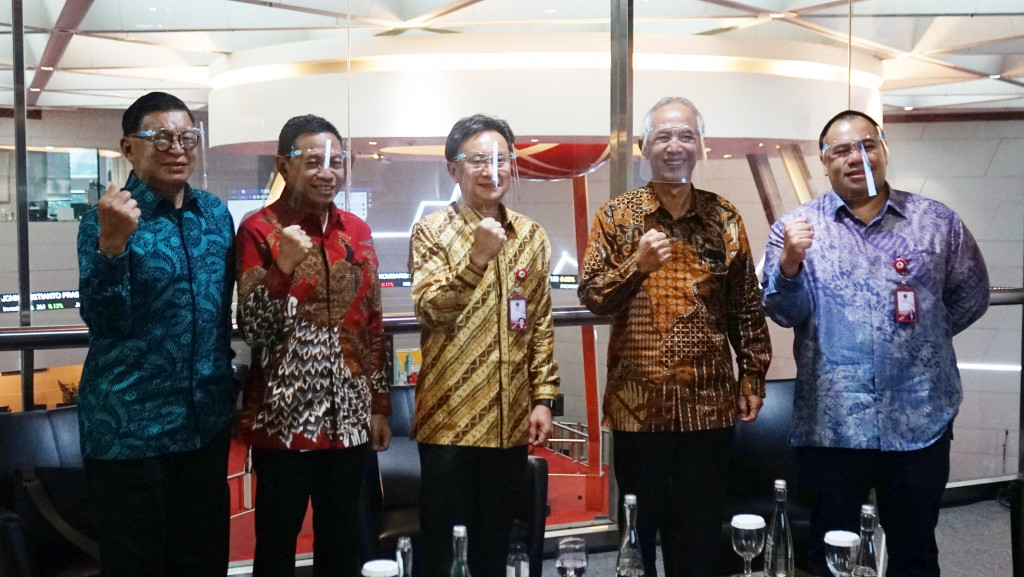
The aim goes further in 10-12 years ahead. In fact, America’s top ten companies are technology companies. In Indonesia, it is still being dominated by banking and telco companies –exactly how it was 10 years ago. It is our job to capture the economic value of all these technology companies to get there. I’d like to call them outliers, amazing companies growing really fast, to look at Indonesia, to be listed, and set us as the main destination.
Next, deepening the capital market and providing a safe and reliable investment towards a better future. There’s always this kind or two issues, essentially with today’s institutions. We have to be proactive in terms of managing that issue. We have to be able to say, “We are investor-friendly, especially minority investors, and we’re able to have great companies listed in Indonesia.” Following our goal to be the top five economies in the world by 2025, our capital market has to be there as well.
At your current position(s), have you had any difficulty to cope up with the fast-moving industry? Would you share some stories, bad decisions, rough season, or any kind of hardships?
It was one of my darkest, after experiencing the loss of a family member also down in financial. I invested a lot, I failed a bit. Along the way, I learn how to manage risk better and more to this lesson. However, I was glad to know the fact that it couldn’t be more at a bottom than that. As long as it doesn’t kill me, financially, I’m okay. I learned a lot about people that way. In the end, I invest in principles, character, and business models.
Failure is inevitable, but how you stand up again is what matters. It’s classic, but it’s true. I’m so glad to have a great family, a supportive wife who also very active in building her business, and a lovely daughter. In terms of work, we’ve turned into a strong team.
To be honest, the Covid-19 situation should’ve let me down, instead, I feel personally healthy and thankful. Although, the whole uncertainty creates such a financial effect that I and most other people can’t deny. I always taught myself that this is just like the other crisis where you have to go through before you start to adapt.
On what or who can you attribute the current success or achievement? Do you have any figure, or role model, that keeps your dream high, or the kind of support system that stops you from giving up?
When it comes to role models, my father is one. He was an idealist, somehow it’s really got to me how he used to think. Also, my mother is also a very strong-minded person, as well as my uncle who is now served as one of the Indonesian ministers. He also the one who encouraged me to moved back to Indonesia and helped me understand this country better through his point of view.
Interesting story, it started off when my parents told me “We have no legacy for you other than education and work ethic”. Instantly, the fear of having nothing to live off hits me and that encouraged me to start working early. If I won’t be inherited anything material, I better make my own. This is also the beginning of my investing hobby. Otherwise, the family will always be my number one support system.
In terms of educational background, do you think it’s a privilege to be able to study abroad and learn about other country’s mindset?
Having both parents who only cared about education is quite a mixed feeling. They’re really concerned about the way I put up with mine that they sent me abroad to provide the best-guaranteed education. Back then it was in the US. I studied economics in Chicago and later went to Standford for business school. I met a bunch of tech-based companies and lots of friends.
Fortunately, living abroad gives me a sense of discipline due to the high-cost and everything in between. Moving back to Jakarta, it was very hard for a New Yorker-minded person like me. For the first two to three years, Indonesia was very difficult. However, from listening well and communicating well, I’m learning progressively to make better decisions. I have my lessons by living abroad, but moving back to Indonesia is another blessing.
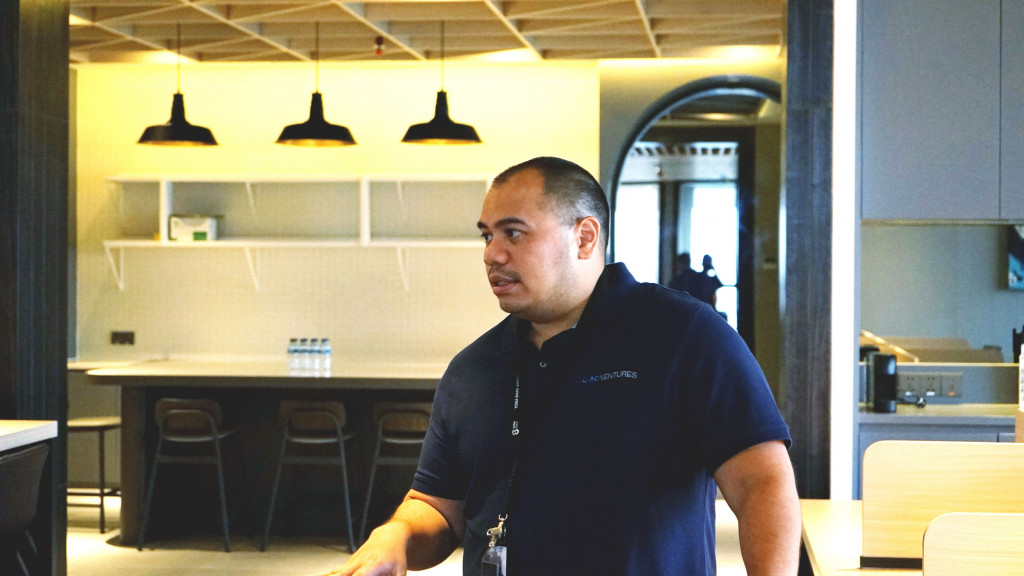
Have you ever picture yourself as a tech founder? Given the circumstances of most VCs in Indonesia also created by ex-Founders or formerly working at tech companies.
I haven’t thought that far. I’ve never put myself or thought of myself that way. It’s simply a blessing the fact that I mattered enough to have this conversation. I don’t think I’m quite enough to be said an expert in marketing. My mindset is always been about investing first. I still have a lot to learn.
